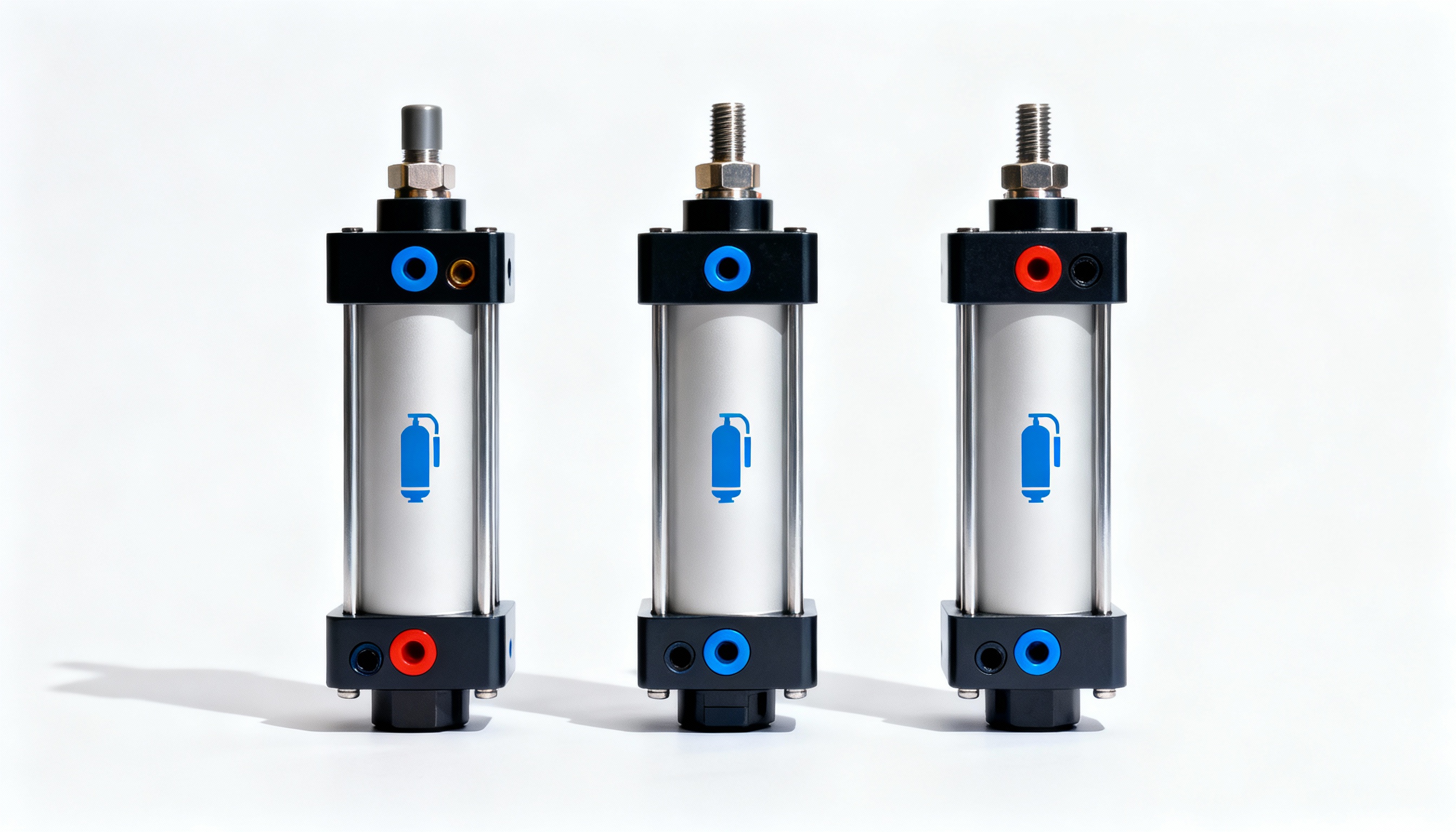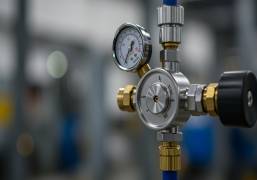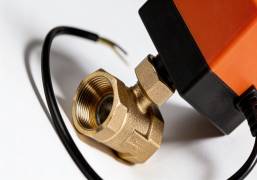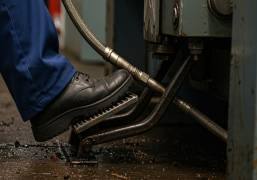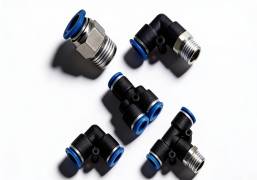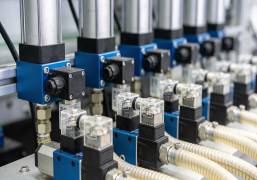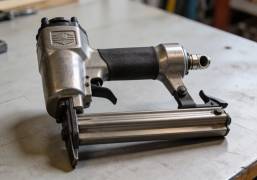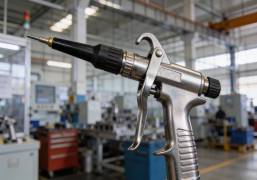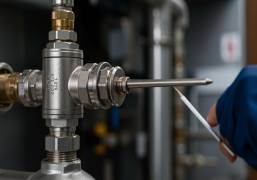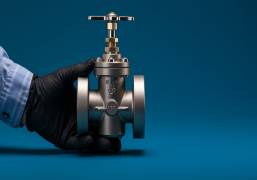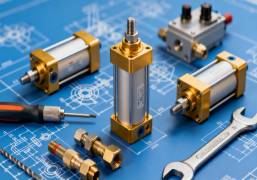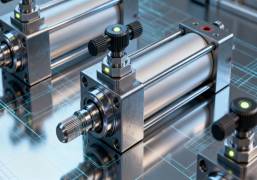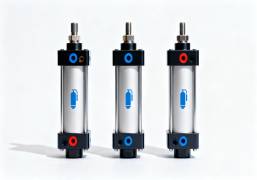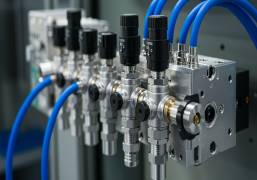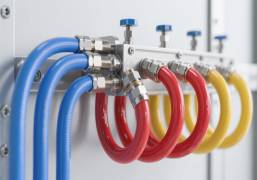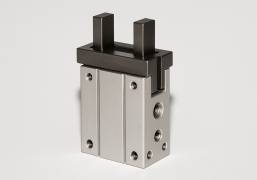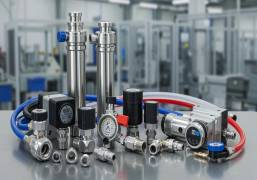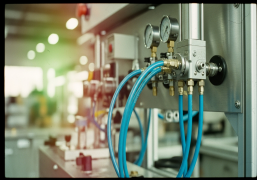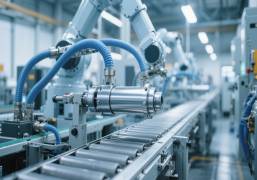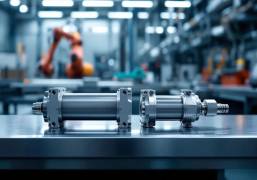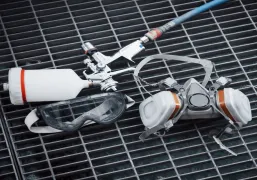For all manufacturing plants in India, determining which actuation system – pneumatic, hydraulic, or electric – is significant. Each actuation system has its own positive and negative effects with respect to cost, efficiency, and overall plant performance. The purpose of this blog is to outline the challenges and benefits of these 3 actuation systems to assist the Indian manufacturing plants with this decision.
What Are the Three Types of Systems?
Pneumatic System
Pneumatic systems are actuated by compressed air to operate their actuators (such as pneumatic cylinders and pneumatic valves). Pneumatic actuation has some applications for repeated motion, clamping, and conveying for a few reasons, as the advantages are quick response time and ease of maintenance.
Hydraulic System
Hydraulic systems function at extremely high fluid pressures to produce a large output force. Hydraulic systems are most efficient in heavy-duty operations and applications when high loads and reliable performance are required in regard to pressing or lifting.
Electric systems
Electric systems change electricity into movement through motors, drives, and actuators. Electric systems can provide mass-manufacturers' accuracy and ease of programming and automation, making them ideal for robotics and multi-axis motion situations.
Cost & Benefit Factors in Indian Manufacturing
Now, let us learn all about investment, operation costs, maintenance aspects, etc., related to each of the systems – pneumatic, hydraulic, and electric.
Starting Expenditure
- Pneumatics: Relatively low to moderate; basic components, such as pneumatic cylinders and valves, are easily attainable and affordable.
- Hydraulics: Greater costs due to pumps, reservoirs, and heavy-duty support structures.
- Electric: Medium to high; precision actuators, drives, and controls drive up costs.
Power Costs
- Pneumatics: Generally moderate, with the caveat that leaks and compressor inefficiencies will greatly increase costs.
- Hydraulics: Very efficient and economical in its organic setting, but there are additional costs associated with maintaining fluids.
- Electric: Usually relatively energy efficient for precision tasks; it depends on the specific type of motor used and how often it is used.
Maintenance & Reliability
- Pneumatics: A simpler design, requiring a minimal amount of moving parts, easy to maintain, even in Indian plant conditions with dust.
- Hydraulics: Generally requires maintenance skills based on the environment; oil should be changed or replaced, and contamination often occurs.
- Electric: Maintenance requires some electronic skill based on the environment, primarily concerning drives and encoders/sensors.
Load, Speed & Precision
- Pneumatics: They are good for light to moderate loads/repetitive motion and moderate precision.
- Hydraulics: They are an excellent choice for tasks requiring precise operations.
- Electric: They are for multiple operation tasks.
Safety Measures
- Pneumatic: They are great for restaurants, pharmaceuticals, and clean lines; leak-proof.
- Hydraulic: They are great in areas with the risk of contamination and leaks.
- Electric: They are safer if appropriate heat and wiring are used.
When Pneumatics Make Sense!
- Automation & Packaging: Fast, repetitive tasks with moderate loads.
- Clean Environments: Food, pharma, and beverage plants benefit from no oil contamination.
- Retrofitting: Utilises existing networks, reducing incremental costs.
Return on Investment (ROI) Considerations
- Total Cost of Ownership: Consider initial investment costs, maintenance costs, and other expenses when figuring out TCO.
- Environmental factors: Factors like dust and humidity affect TCO
- Adaptability and Scalability: Using integrated solutions, like comparing programmable electric drives, is important.
Conclusion
Keep all the parameters mentioned in the blog, and you are good to go as far as all 3 systems are concerned.
- Pneumatic: It would be ideal in applications that are clean, relatively simple, and involve fast, repetitive motion with a moderate load.
- Hydraulic: It would be ideal in applications that require heavy loads and high forces, and the hydraulic would provide you with a very reliable, long life.
- Electric: It would be ideal for precise motion and programmed movement and robotics.
A comprehensive cost-benefit and total cost of ownership (TCO) analysis will help lead you to the best system option to ensure the best efficiency and ROI, and there are many pneumatic options out there that fall into the low- to medium-investment options. Saying that, Pneumatic Solutions are highly preferred by many businesses because of their simpler, faster, and easier operations when compared to hydraulic and electric solutions.
FAQs
1. What is the initial cost of the systems in India?
Pneumatic products will have the lowest initial cost due to their simple and cheap components.
2. Is the pneumatic system energy efficient?
It is energy efficient for lightweight and repetitive tasks, but energy can be lost in leaks or due to inefficiency with the compressor.
Do electric systems replace pneumatics or hydraulics?
No. Electric systems are fine where accuracy is of utmost importance, but for other tasks where speed, force, etc, is required, pneumatic and hydraulic systems are better choices. If you are looking for pneumatic product manufacturers in Noida, connect with V.R. Enterprises.

